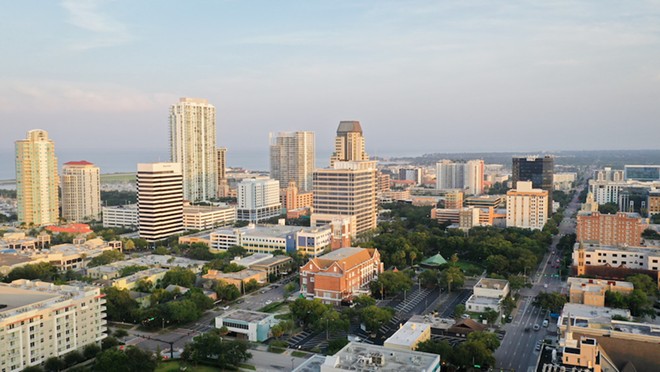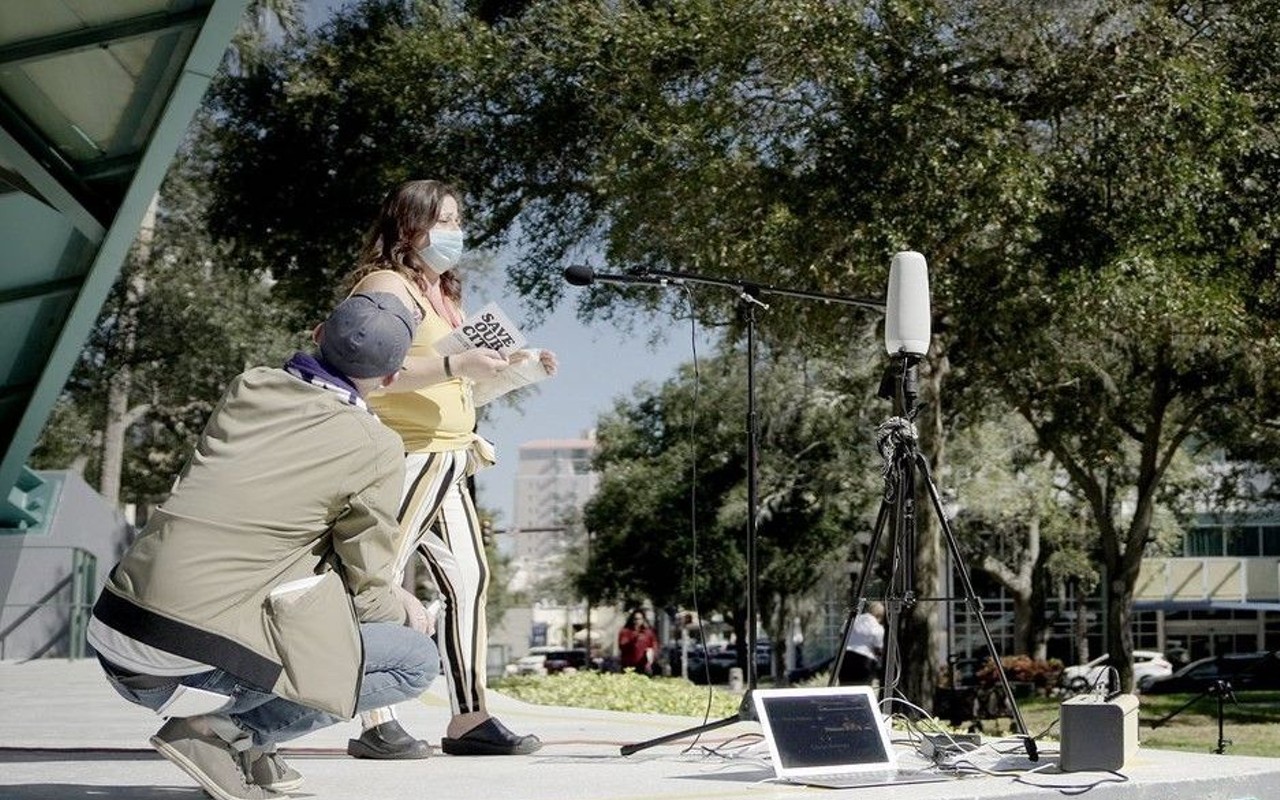
City of St. Pete/Flickr
The City of St. Pete will receive more ERAP funds, and renters living in hotels and motels will also receive limited support.
Pinellas still has $18,292,000 remaining in federal Emergency Rental Assistance Program (ERAP) funds, which they will now share with the City of St. Petersburg, in order to help fund its emergency rental program. The funding will also now follow the federal ERAP model, which allows assistance for renters in hotels and motels.
"I know this is going to help a lot of people who have been waiting," said Commissioner René Flowers during the meeting.
But there's a caveat to the assistance. The aid for the non-traditional tenants has a 120-day limit.
Bruce Bussey, community development manager for Pinellas County, said that the time limit was put in place to encourage people on non-traditional leases to get signed up on to regular leases.
"We think by providing this assistance for a short term, people have been paying hotel bills, living in hotels so they can get caught up they can save for down payment," Bussey said. "If this program is utilized to pay that short term stay in hotel, they can then save up and use this program even perhaps to get that more stabilized housing."
But the St. Petersburg Tenants Union (SPTU) said that the limited amount of time for the aid discriminates against people who find it difficult to obtain traditional leases.
"It shouldn't only be limited to 120 days because it's the most vulnerable people, like people with felonies, people with bad credit, people who can't get a security deposit, who are staying at motels and hotels," Karla Correa, an organizer with SPTU told Creative Loafing Tampa Bay. "So only giving them that much time, it's just like a ticking time bomb. They're just going to be in the same position in a few months if the county commission doesn't do anything else."
Correa also pointed out that while the county tried to claim that hotels and motels are transitional housing, many people live in these types of rental agreements for years, as CL wrote about in a story from January.
"While [federal] Treasury guidance does allow emergency rental assistance programs to cover hotel or motel costs for eligible households, the Pinellas County ERAP does not cover hotel or motel costs at this time," Pinellas County's public information coordinator told CL. "This allows us to focus our ERAP resources on preventing evictions and keeping residents in their homes."
But leading up to the vote today, SPTU had called for the community to email the commissioners to express support for passing the resolution. Following the community pressure, the commissioners reversed course from earlier this year and decided to fund non-traditional renters, albeit for a limited amount of time.
Across the bay in Hillsborough County, people in non-traditional leases are still being denied assistance, but the county hasn't confirmed their reasoning behind denying people with non-traditional leases.


